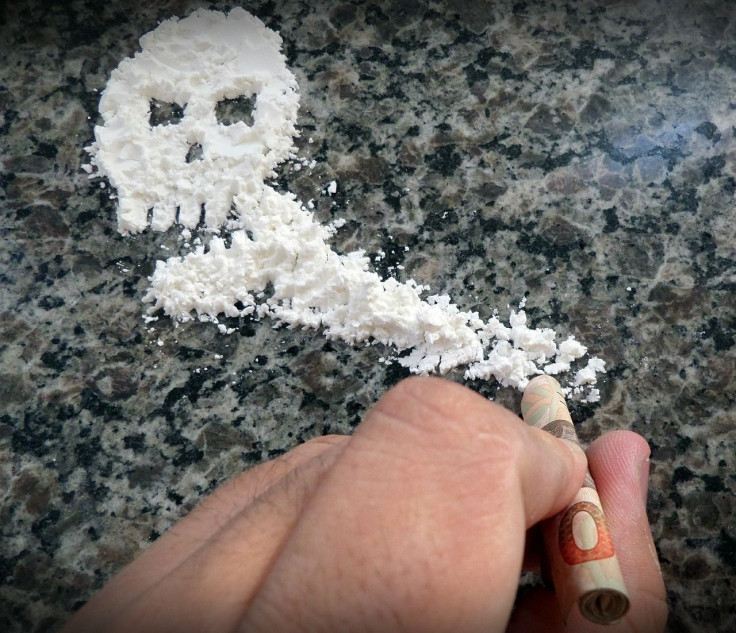New Technology Could Help Addicts Suppress Memories And Avoid Relapsing

An experimental gene therapy could use viruses to treat addicts struggling to avoid a relapse.
In a Journal of Neuroscience study, Medical University of South Carolina researchers used the viruses to insert a special gene that made receptors grow on neurons’ surfaces that respond only to a single designer drug. The technology is called “designer receptors exclusively activated by designer drugs,” or DREADDs, and it seeks to use the designer drug to help suppress a person’s desire to use cocaine coming from “drug cues.” Those cues are stimuli that are linked to memories of the environment in which the person took the drugs or the apparatus used — memories which have been associated with the pleasurable flood of dopamine from taking the drug.
The purpose of the study was to use the technology and the designer drug to activate a part of the brain — the ventromedial prefrontal cortex — that breaks previously learned associations and thus suppresses emotional responses to drug cues. After teaching rats to associate cocaine availability with lab-controlled cues, the drug was taken away and researchers introduced the gene therapy. The treated rats relapsed less when given drug cues, thus showing that activating the ventromedial prefrontal cortex could help prevent relapse in the presence of those cues.
“This new approach for treating drug addiction is exactly what is needed because it is targeted to a specific circuit in the brain regulating addiction,” co-author Peter W. Kalivas, MUSC Department of Neuroscience chair, said in a statement from the university.
There are about 1.5 million cocaine users 12 and older, which account for about 0.6 percent of the population, according to the federal government’s National Institute on Drug Abuse. For those who manage to get clean, it estimates that 40 to 60 percent will relapse at some point.
Apart from the obvious risks of using cocaine, relapse is particularly dangerous for an addict. The Huffington Post notes that although someone may have built up a tolerance for a certain drug, that tolerance diminshes once they get clean. “If an addict goes back to the same dose they used prior to rehab, they are at high risk of fatal overdose.”
Researchers in this new study hope their gene therapy could be paired with counseling to help addicts avoid relapse.
“Certainly within my lifetime I would expect to see these virus-mediated gene therapies start to be used in the brain, in a neurosurgical setting,” said study co-author Jamie Peters, a professor in the MUSC Department of Neuroscience, in a statement. “You can envision a person ultimately taking a pill to activate this very specific part of his or her brain.”
Source: Peters J, Augur IF, Wyckoff AR, Aston-Jones G, Kalivas PW. Chemogenetic Activation of an Extinction Neural Circuit Reduces Cue-Induced Reinstatement of Cocaine Seeking. The Journal of Neuroscience. 2016.



























